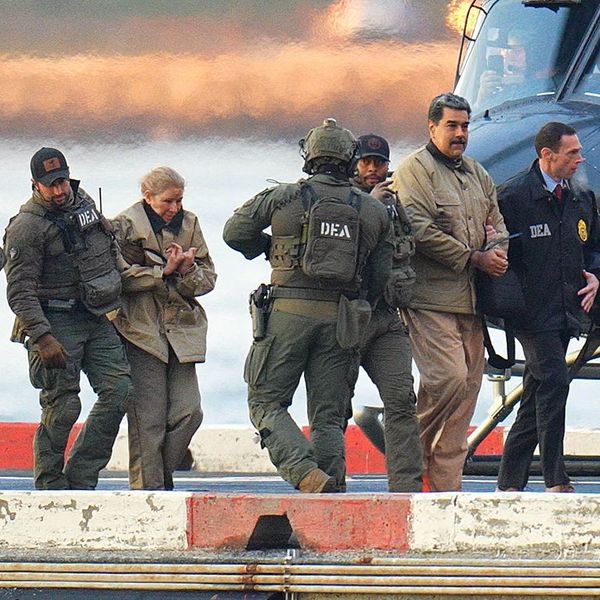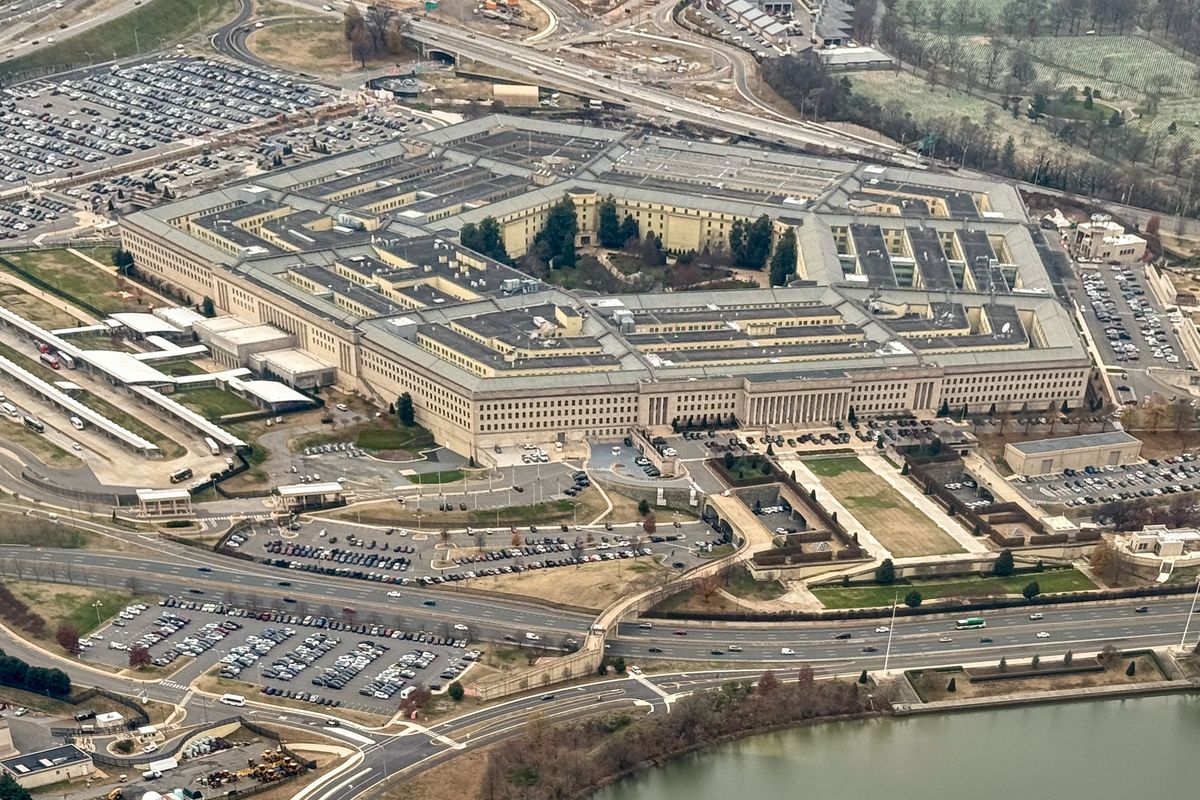U.S. Secretary of Defense James Mattis made a number of important comments Tuesday during an interview at the U.S. Institute of Peace. Speaking to former U.S. national security advisor Stephen Hadley, the Secretary called for a ceasefire in war-torn Yemen within the next 30 days. He also got specific regarding Saudi Arabia and Iran. Cipher Brief Expert and former National Intelligence Manager for Iran at ODNI, Norm Roule, answered our questions about what Mattis’ comments mean.
Roule: Regarding Iran, the Secretary continued to lay blame on Tehran for serving as an engine of international terrorism, for sustaining Syrian President Bashar al-Assad and the Houthis, and for fueling regional conflicts which have resulted in so many civilian casualties. The Secretary reminded the audience that his Presidential and Congressional authorities are limited to a “defeat ISIS campaign,” explicitly stating that the rollback of Iran from Syria would be a long-term diplomatic and political effort which would also play out in the Geneva peace process. Regarding Iraq, his comments underscored the need to build Iraqi capabilities to deny Tehran’s ability to turn “Iraq into a rump state of Iran.”
The Cipher Brief: Secretary Mattis also talked about the killing of Journalist Jamal Khashoggi.
Roule: He correctly referred to Khashoggi’s death as a murder and stressed the administration’s insistence to Saudi senior leaders for a thorough investigation. Mattis’ comments are welcome reassurance to all of us who are unwilling to allow this killing to pass without action. But he also carefully noted the need to separate the Khoshoggi murder from the Yemeni issue. As a personal note, I believe it is also important to return Mr. Khoshoggi’s body to his family, to ensure that outside observers can verify the results of the investigation, and that those involved in the murder are severely punished.
The Cipher Brief: Secretary Mattis’ comments on the Middle East were notable, particularly his comments on the path forward for Yemen. What is your take on his specific points about U.S. support for the Saudi-led coalition?
Roule: The Secretary noted that U.S. support consists of training to increase the accuracy of airstrikes and refueling about 20% of Saudi aircraft in order to prevent pilots from feeling that they need to rush launch decisions, therefore allowing for more accurate targeting. He also appeared to express confidence for Saudi military leadership when he noted the work of the head of the Saudi air force to avoid civilian casualties but added that increased accuracy of bombing would not end civilian casualties. Given recent media reporting on civilian casualties in the Yemen conflict, Mattis’ comments provide a clear U.S. position on the steps the Saudis have taken to limit deaths of civilians. During a recent visit to the Kingdom, the Saudi military briefed me and a series of international observers on these procedures and insisted they were being followed.
Mattis also expressed confidence in United Nations envoy Martin Griffith. Those comments echo those other U.S. officials and Arab diplomats who have so far, supported Griffith’s approach to negotiations.
Most importantly, the Secretary laid out an ambitious framework for peace in Yemen with his expectation of progress in the next 30 days at talks scheduled to take place in Sweden. “We have got to replace combat with compromise.”
A framework for peace would involve (1) a cease fire; (2) a demilitarized border with Saudi Arabia and an end to missile attacks against the Saudis and Emiratis; (3) an end to Iranian involvement in the conflict and a call to place Iranian missiles under some sort of international control; (4) a central government which allows a degree of local autonomy for Houthis and Southern Yemenis, and (5) an end to bombing.
The Cipher Brief: In your assessment, does a framework like this seem likely to lead to real peace in Yemen?
Roule: Although Secretary Mattis’ comments are likely to be welcomed by Western governments and aid organizations as well as the Yemen coalition, it remains unclear as to why the Houthis would cooperate with such a plan. The Houthis have demanded a large role in the governance of Yemen, using the ghastly specter of casualties to bring western pressure on the Saudis and Emiratis. Likewise, it seems unlikely the Houthis will give up on the only weapons which allow them to strike Saudi cities, or that the Iranians will simply walk away from Yemen or allow their missiles to be placed under international supervision.
Although this framework seems unlikely, the international community needs to be prepared to support the United Nations in what I believe will need to be an unprecedented effort to deliver badly-need food and medicine to Yemen’s population in order to prevent famine which may strike 12 million Yemenis, to prevent an outbreak of cholera, and to remove child soldiers from the battlefield.














